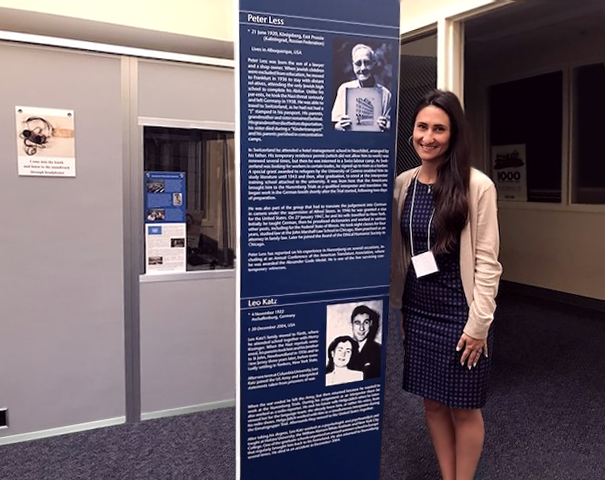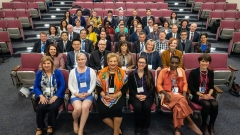Monterey Forum to Host Leading Interpretation, Translation & Localization Professionals
| by Jason Warburg
Language services professionals including Dr. Yun-Hwang Lee, interpreter at the recent U.S.-North Korea summits, will appear at a conference celebrating 50 years of translation, interpretation, and localization instruction at the Middlebury Institute on May 4-5.



